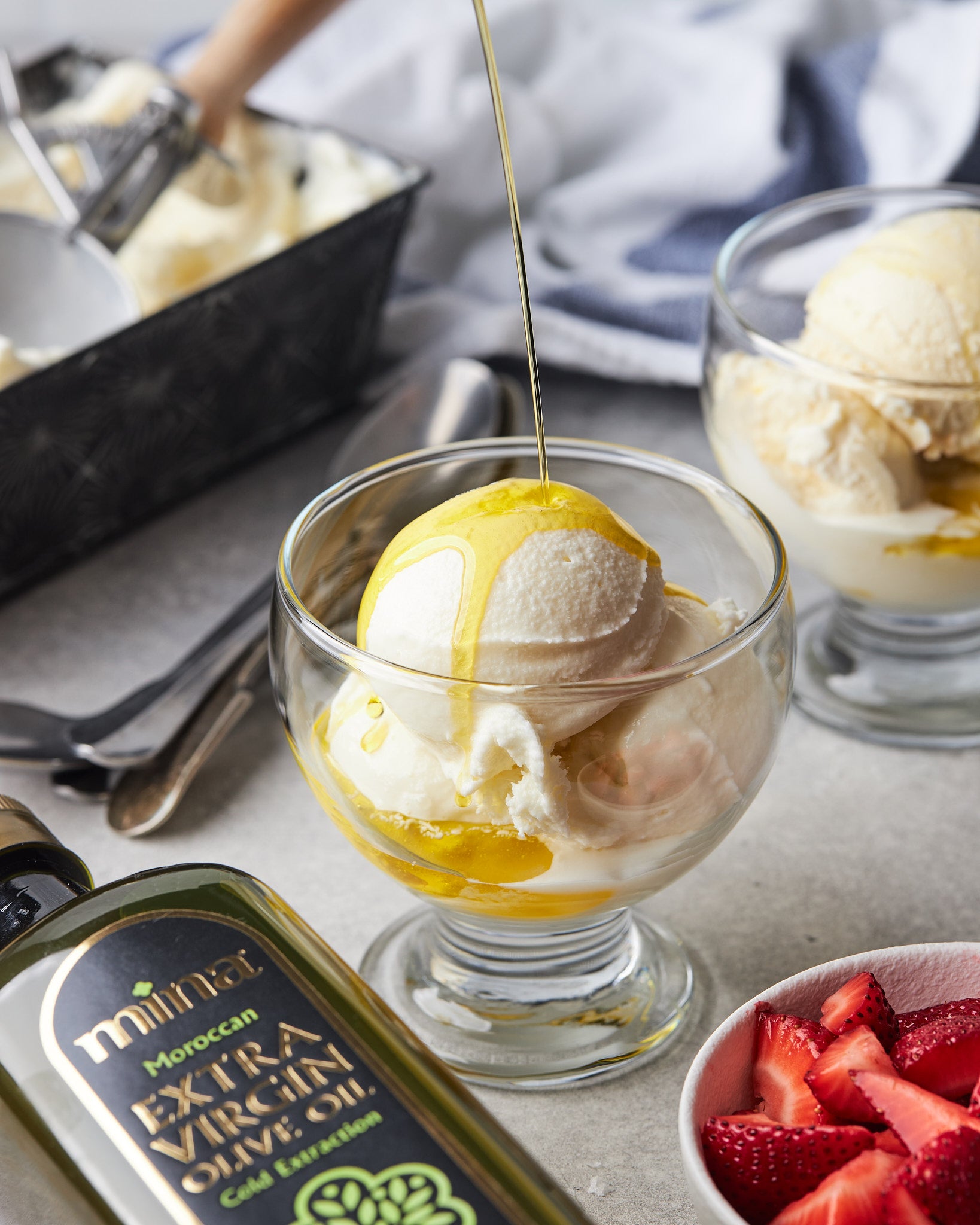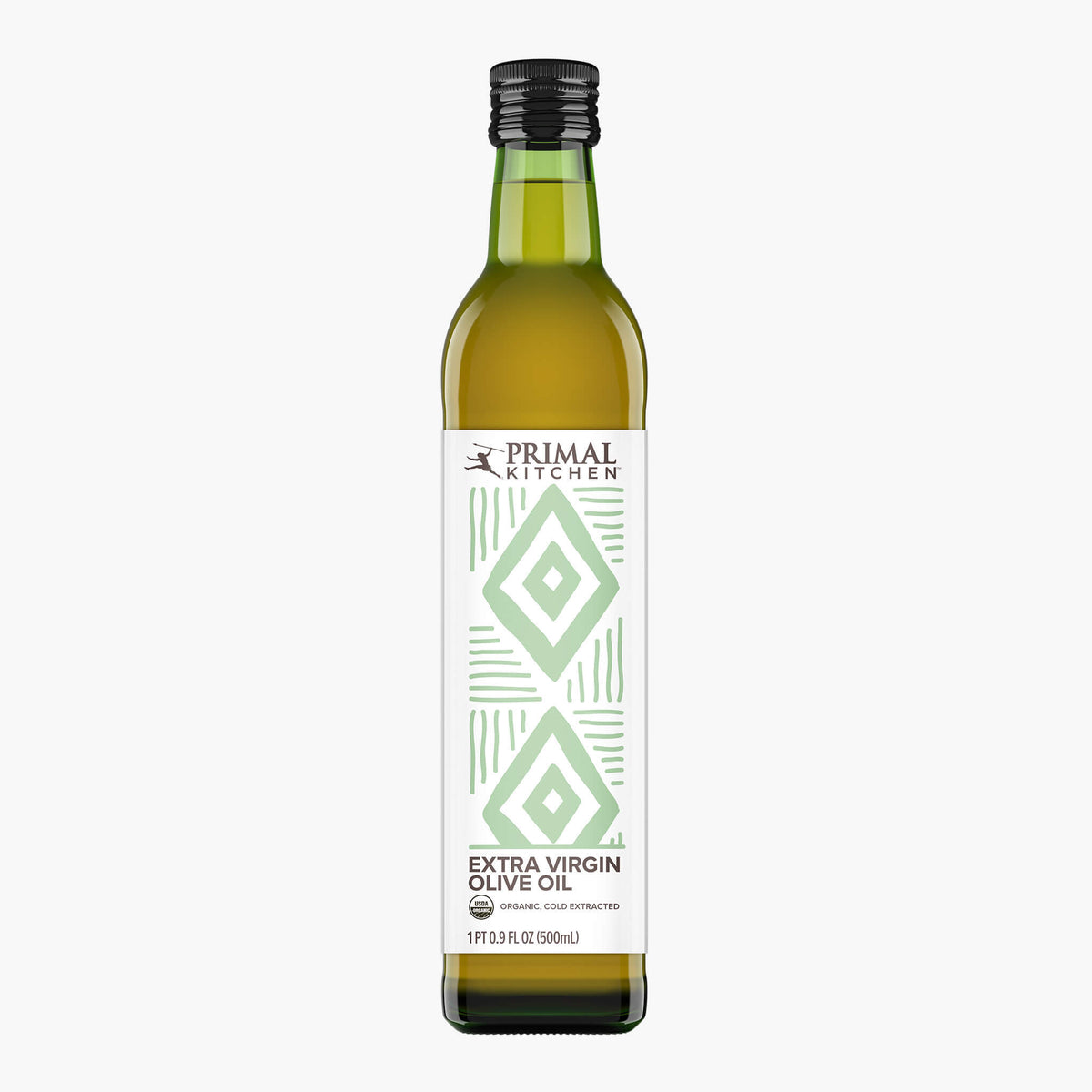Why Extra Virgin Olive Oil Benefits Your Gut and Digestive System
Why Extra Virgin Olive Oil Benefits Your Gut and Digestive System
Blog Article
Exploring the Various Kinds of Olive Oil and Their Uses, Consisting Of Additional Virgin Olive Oil
The exploration of olive oil incorporates a varied variety of kinds, each offering distinctive tastes and cooking applications. Extra virgin olive oil, renowned for its premium high quality and health advantages, serves as a staple in several kitchen areas, yet it is just one element of this multifaceted ingredient. extra virgin olive oil benefits. Various other varieties, such as pure and refined olive oils, likewise require focus for their distinct residential or commercial properties and usages. Understanding these distinctions can considerably influence both cooking strategies and flavor profiles. What, after that, should one think about when picking the best olive oil for a details culinary venture?
What Is Olive Oil?
Derived from the fruit of the olive tree, olive oil is a staple in Mediterranean food and a vital ingredient in various culinary applications. This flexible oil is produced by pushing whole olives, causing a liquid that varies in color, flavor, and scent depending on the type of olives utilized, the region of growing, and the removal procedure. Olive oil is primarily composed of monounsaturated fats, particularly oleic acid, which is known for its prospective health and wellness advantages, consisting of anti-inflammatory residential or commercial properties and cardiovascular support.
Along with its culinary uses, olive oil has a long history of application in conventional medicine and skincare, owing to its abundant antioxidant web content (extra virgin olive oil benefits). The oil is often used in dressings, marinades, and for cooking methods such as sautéing and roasting. Its distinct taste account can improve the preference of different meals, making it a vital component for both home cooks and professional cooks
In addition, olive oil is commemorated for its function in the Mediterranean diet plan, which is connected with numerous health advantages. As recognition of these advantages grows, olive oil proceeds to obtain appeal worldwide as an essential component of a healthy and balanced way of living.
Kinds Of Olive Oil
Recognizing the different types of olive oil is crucial for both health-conscious consumers and cooking enthusiasts. Olive oil is identified mainly based on its extraction method and high quality, which considerably influences its health, scent, and taste benefits.

Light olive oil, regardless of its name, describes a lighter flavor and not lower calories. It is excellent for those seeking an extra refined preference in sauces and dressings. Additionally, there are flavorful olive oils instilled with herbs, spices, or citrus, which can enhance recipes without the demand for added seasoning.
Each kind of olive oil offers particular cooking objectives, and comprehending these differences permits customers to make educated choices that straighten with their food preparation designs and wellness objectives.
Additional Virgin Olive Oil
Extra virgin olive oil (EVOO) is widely considered as the finest olive oil readily available, celebrated for its abundant taste and countless wellness advantages. To be classified as additional virgin, the oil needs to be generated from fresh olives utilizing mechanical procedures, without making use of solvents or extreme heat. This thorough technique preserves the oil's all-natural tastes, antioxidants, and healthy and more information balanced fats, resulting in a product with a reduced level of acidity level of less than 0.8%.
EVOO is bountiful in monounsaturated fats, specifically oleic acid, which is connected to decreased swelling and improved heart health. It likewise has polyphenols, effective antioxidants that might offer safety impacts against chronic conditions. The taste profile of EVOO can differ considerably depending on the olive variety and area of production, varying from fruity and verdant to robust and peppery.

Culinary Use Olive Oil

In food preparation, olive oil can be utilized for sautéing, roasting, and barbecuing, offering a healthier alternative to butter or other fats. Its high smoke point makes it ideal for numerous cooking approaches, while its anti-oxidants add to a heart-healthy diet plan. Sprinkling olive oil over finished dishes, such as pasta, fish, or grilled veggies, can boost tastes and add a touch of beauty.
Moreover, olive oil plays a significant duty in cooking, where it can replace conventional fats in recipes for bread and breads, giving wetness and a subtle preference. It likewise acts as a base for infused oils, permitting chefs to try out flavors such as garlic, natural herbs, or chili, additionally expanding its cooking capacity. In general, olive oil's versatility makes it indispensable in both home and specialist kitchen areas.
Picking Quality Olive Oil
When picking high quality olive oil, it's essential to click to investigate take into consideration a number of key variables that influence the item's wellness, flavor, and fragrance advantages. Most importantly, choose for extra virgin olive oil (EVOO), which is obtained from the first chilly pushing of olives and includes the highest possible levels of antioxidants and beneficial compounds. Look for oils that are licensed by acknowledged companies, as this typically makes certain adherence to strict high quality criteria.
The packaging likewise plays a substantial role in preserving the oil's stability. Pick oils stored in dark glass bottles or tins to safeguard versus light destruction. Pay attention to the harvest date; fresher oils use premium taste and nutritional worth, so choose items that are within 18 months of their harvest.
In enhancement, consider the origin of the oil. Premium olive oils usually originate from specific regions known for their distinct flavor profiles, such as Italian, Spanish, or Greek oils. Be conscious of the taste; a great high quality olive oil ought to have a balance of fruity, bitter, and peppery notes, indicating its richness and complexity. By evaluating these factors, you can guarantee you are picking the ideal olive oil for your cooking requirements.
Verdict
In summary, the expedition of various kinds of olive oil reveals distinctive qualities and applications, with added virgin olive oil representing the peak of high quality due to its reduced acidity and high antioxidant web content. Understanding the various varieties of olive oil enables for informed options in food preparation techniques, advertising healthier methods while improving the general gastronomic experience.
Acquired from the fruit of the olive tree, olive oil is a staple in Mediterranean cuisine and a crucial active ingredient in different culinary applications.The most usual types of olive oil consist of fine-tuned olive oil, pure olive oil, and light olive oil.Bonus virgin olive oil (EVOO) is commonly regarded as the greatest top quality olive oil available, renowned for its abundant flavor and various wellness benefits. Opt for additional virgin olive oil (EVOO), which is acquired from the first chilly pushing of olives and has the highest levels of antioxidants and valuable compounds.In summary, the exploration of different kinds of olive oil discloses distinct qualities and applications, with additional virgin olive oil standing for the peak of top quality due to its reduced level of acidity and high antioxidant content.
Report this page